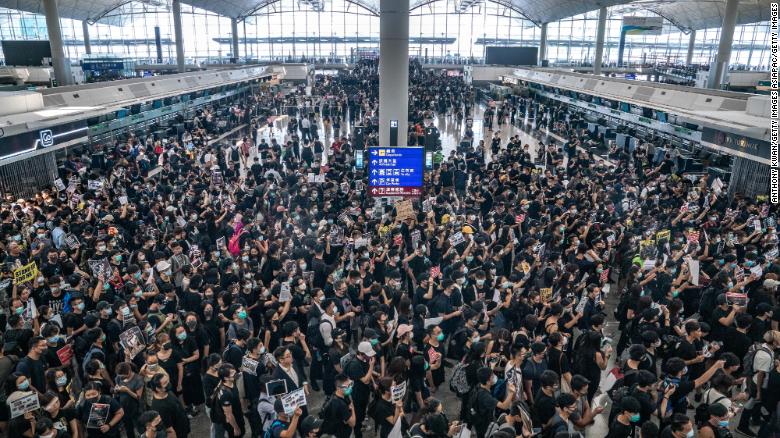
Democracy is always messy, because people by nature are not perfect. Democracy is neither a perfect solution or system because it is run and set up by people who are often flawed and make mistakes. That being said, it is the best system of government that has been created in human history. It has achieved this status because it promotes honour in equality, even if it is impossible to achieve in its perfect form. To honour equality there is a set of rules that must apply to everyone, whether rich or poor, powerful or weak, sick or healthy. These rules must be also applied equally, and there is a financial and societal obligation by citizens to make sure justice serves the people, and not only those running the government. Since 2009, those who did not have democracy were chosen as targets by some of the most brutal regimes in modern history, and mostly ignored by other nations comfortable in their own democracies. Those who learned they had to speak out were brutalised, and those who’s grandparent’s spoke out forgot to honour their achievements by ignoring those who wanted equality.
Neda was a young Iranian woman who wanted to change her country, her own life, and gain equal opportunities in the process. Like many in her community she was killed by her own government because she wanted a society that honoured equality. For those that were not killed, the government arrested and tortured them while the world ignored them. Unfortunately, a trend was learned by other regimes against those who wanted equality. Along came Syria’s war and an entire conflict learned from the death of Neda and others like her on how to oppress with success. Once they know that no one is watching, they applied these lessons against equality. Some of the most ancient communities in the middle east have been subject to a genocide in our generation because they wanted to just to exist. Being left alone to survive was the only equality they could hope for. Because they were not of the right blood, religion or family, people like the Yazidis, Kurds and other regional minorities were subject to the repeat of a new Holocaust. This occurred in the post civil rights era, where feminism is on the mind of most when forming their societies and families, but we ignored the most brutalised women in human history.
Democracy once achieved, needs to be maintained and developed. The costs of applying justice are great, but they are as necessary as water and shelter. Even in some of the most fair and democratic societies, there is a constant and persistent need to maintain a fair democracy. Whether it is realising that a justice system does not apply laws equally, Protects police members to a different degree than it does a citizen murdered by the police, or tries to justify moving the goal post of large corporations against the will of the people, the legal community and the Justice Minister herself, policies must always be made while honouring equality. When those same policymakers try to legitimise fence sitting while their fellow democratic cousins are shouting for their rights, they are dishonouring their grandparents and their parents who fought for the same rights many are fighting for today. If that cannot be comprehended by those in power in modern times, it gives the impression that they do not understand the countries they govern. If they will not fight for equality, then citizens will do it for themselves, even if it is messy and comes at great costs.